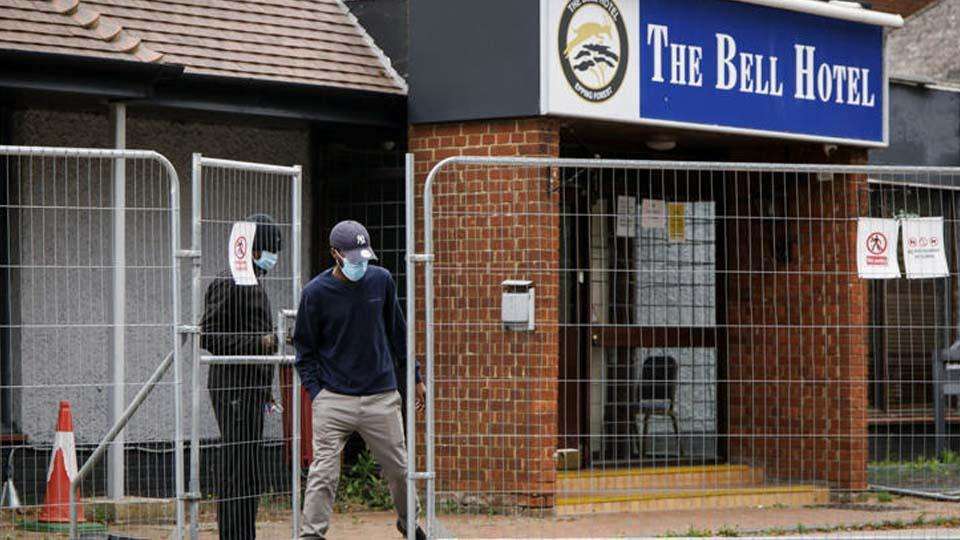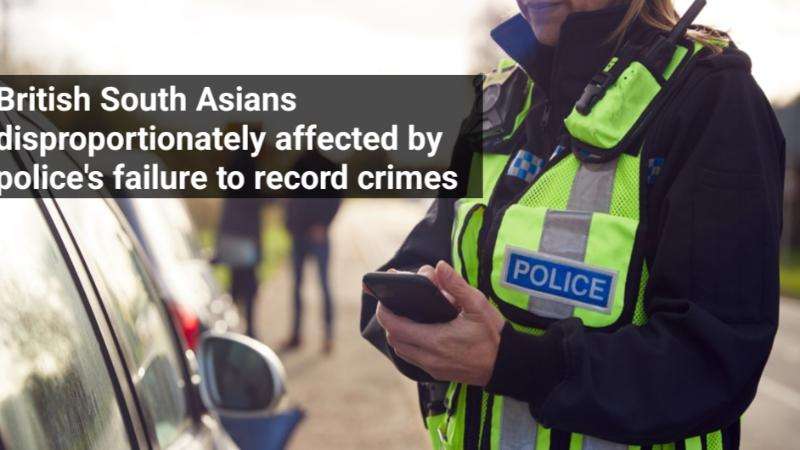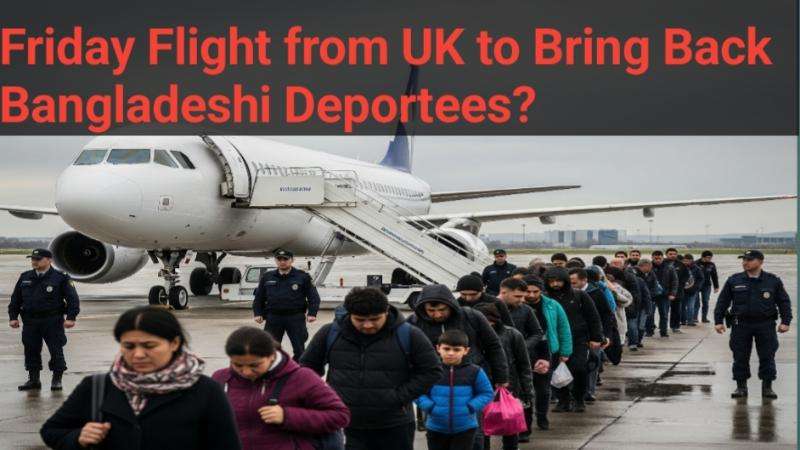Policing Failure Puts British South Asian Communities at Risk as 280,000 Crimes Go Unrecorded-A damning new report from His Majesty's Inspectorate of Constabulary and Fire and Rescue Services (HMICFRS) has exposed a systemic failure in crime recording across England and Wales, with a particular and worrying impact on British Bangladeshi, British South Asian, and other BAME (Black, Asian and Minority Ethnic) communities. The report found that over 280,000 crimes went unrecorded last year, with the logging of anti-social behaviour and violent crimes being "unacceptably low" between 2021 and 2025, Daily Dazzling Dawn and understands.
The findings resonate deeply with the experiences of communities in areas with large BAME and immigrant populations, such as East London, Tower Hamlets, and Croydon, where long-standing issues of underreporting and a lack of police trust have been a persistent challenge.
The HMICFRS report highlighted that only 51.9% of crimes classed as anti-social behaviour targeting a specific individual or group were recorded. For communities that have historically faced racial tensions and targeted abuse, this statistic is particularly alarming. In East London, for example, the British Bangladeshi community in Tower Hamlets has a history of fighting against racially motivated attacks, dating back to the murder of Altab Ali in 1978. Activists and community leaders have consistently warned that a failure to record and investigate such incidents can lead to a breakdown in trust and leave victims feeling isolated and vulnerable.
Sources within community advocacy groups in Tower Hamlets have reported that many anti-social behaviour incidents, including low-level harassment and racial slurs, are often dismissed by police as minor disputes or not recorded at all. This echoes the HMICFRS report's finding that forces must improve the recording of offences linked to domestic abuse, crimes classed as anti-social behaviour, and crimes affecting vulnerable people—categories that disproportionately affect BAME communities.
Further compounding the issue, the report noted a significant failing in recording serious violent crimes such as harassment, stalking, and controlling or coercive behaviour, which accounted for 37.9% of unrecorded violent crime. This is a critical concern for communities where cultural and language barriers, combined with a fear of authorities, can already make reporting difficult. Immigrant communities, in particular, may fear that engaging with the police will lead to questions about their immigration status, even if they are victims of crime. This fear, whether founded or not, is a major barrier to seeking justice.
While the HMICFRS report offers a largely positive overall picture, noting that 94.8% of crimes were recorded in England and Wales in the year to March 31—an improvement from 80.5% in 2014—it is the details of this failure that are most concerning for minority communities. The report explicitly states that "there is still more to do" and that "violent crimes still aren't being recorded well enough and the level of crime reporting related to antisocial behaviour remains unacceptably low."
In boroughs like Croydon and Tower Hamlets, local crime statistics show a complex picture. While some overall crime rates may appear to be stable or even decreasing, the underlying issue of unrecorded crimes suggests a hidden crisis. For example, local data from Croydon indicates that anti-social behaviour crimes make up a significant proportion of all reported offences, yet the national inspection suggests this is only a fraction of the true figure. The failure to accurately record these incidents means that police resources are not being allocated effectively to address the issues that matter most to local residents.
His Majesty's Inspector of Constabulary Roy Wilsher's statement that "for the public to have trust and confidence in policing, they need to know that when they report a crime, the police will record it accurately and without delay" is a powerful one. However, for many within the British South Asian community and other BAME groups, this trust is already eroded. This report serves as a stark reminder that while national figures may show improvement, a more nuanced, community-focused approach is urgently needed to address the deep-seated issues that leave vulnerable communities at a heightened risk of harm. The failure to properly log these crimes is not just a bureaucratic oversight; it is a failure of justice that has very real consequences for people's lives and safety.







.svg)

_2.jpg)